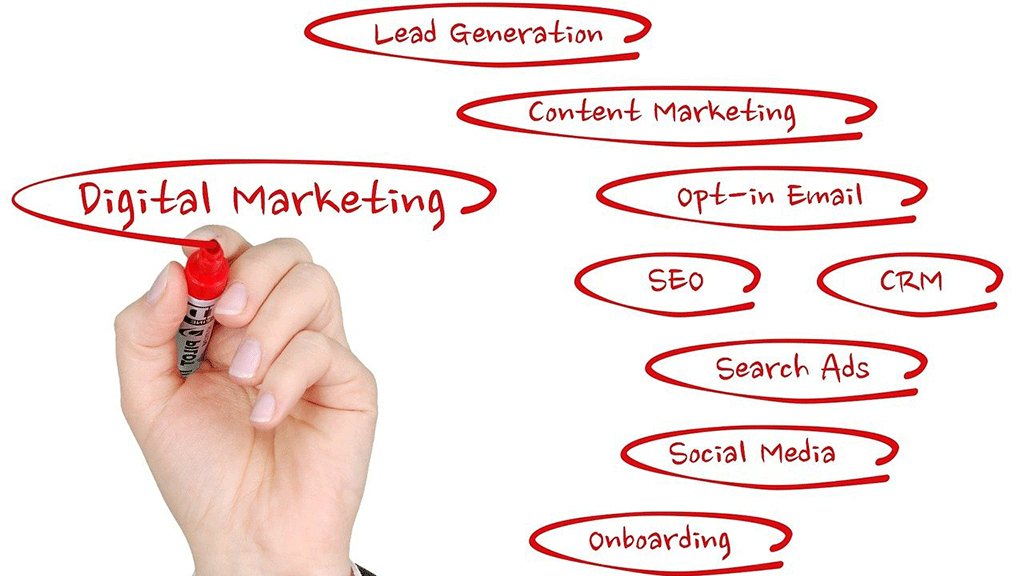“The only place where success comes before work is in the dictionary.“
~ Vidal Sassoon
Understanding HR Fundamentals
Content BloWhat is human resources? In the world of business, Human Resources (HR) and Payroll are the backbone of your operation, much like a sturdy foundation beneath a towering skyscraper. Understanding HR fundamentals is akin to mastering the basics of any skill, providing you with a strong footing as you navigate the intricate terrain of workforce management.ck – Intro
- HR's Core Function: What does Human Resources do? Well, they serve a critical role on your team. HR serves as the backbone of your organization, acting as a bridge between your employees and your business goals. Its primary role is to ensure a harmonious relationship that fosters growth, productivity, and employee satisfaction.
- Recruitment and Onboarding: Finding the right talent for your team is a critical aspect of HR. It involves identifying, attracting, and seamlessly integrating individuals who align with your company's culture and objectives.
- Employee Relations: A positive workplace culture is essential for your business's success. HR plays a pivotal role in creating and maintaining this culture, resolving conflicts, and prioritizing employee well-being.
- Training and Development: Investing in your employees' skills and professional growth is an investment in your business's future. HR facilitates training and development programs that empower your workforce to adapt to changing industry demands.
- Compliance with Labor Laws: Adhering to labor laws and regulations is vital to protect your business and your employees. HR ensures that your company remains compliant, minimizing legal risks.
The Role of Human Resources in a Business
- Strategic Partner: HR is not merely a support function; it's a strategic partner in achieving your business goals. It aligns the workforce with your company's mission and vision, driving growth and innovation.
- Talent Acquisition and Retention: Finding and keeping the right talent is at the core of HR's responsibilities. It involves sourcing, hiring, and retaining employees who contribute to your organization's success.
- Conflict Resolution: Just as rough patches may appear on any trail, workplace conflicts can arise. HR serves as a mediator, resolving disputes professionally and maintaining a harmonious work environment.
- Performance Management: HR ensures that employees are on the right track, evaluating their performance and providing feedback for improvement. This process keeps your workforce aligned with your business objectives.
- Organizational Development: HR facilitates change and adaptation within your organization. It helps implement new strategies, structures, and processes to keep your business agile in a competitive landscape.
Legal Requirements for Employers
- Labor Laws and Regulations: HR plays an important role in ensuring your business complies with federal, state, and local labor laws. This includes wage and hour regulations, workplace safety standards, and anti-discrimination laws.
- Employee Classification: Properly classifying employees as either full-time, part-time, or contract workers is essential to avoid legal pitfalls and ensure appropriate compensation and benefits.
- Record-Keeping: HR oversees record-keeping requirements, ensuring that your business maintains accurate and up-to-date documentation, which can be important in the event of audits or legal disputes.
- Benefits and Leave Management: Managing employee benefits, including health insurance, retirement plans, and paid leave, while adhering to legal requirements is a key HR responsibility.
- Termination and Severance: HR assists in working through the legal aspects of employee termination, including providing proper notice, complying with severance agreements, and handling exit procedures.
Setting Up an HR Department (or Hiring an HR Consultant)
What is Human resources, and do you use an internal team or choose to outsource this function? Establishing an effective Human Resources (HR) function in your business is essential for smooth operations. In this section, we'll discuss the key considerations when setting up an HR department or hiring an HR consultant. Whether you choose to build an in-house team or seek external expertise, making the right decision is important for your business's success.
- In-House HR Department: Building an in-house HR team provides you with dedicated professionals who understand your organization's unique culture and needs. It ensures direct control over HR functions and employee relations.
- Outsourcing to an HR Consultant: Opting for an HR consultant offers flexibility and expertise without the overhead of a full department. Consultants can provide specialized guidance and support as needed, making it a cost-effective choice for smaller businesses.
- Considerations for Hiring: When hiring HR professionals or consultants, evaluate their qualifications, experience, and cultural fit with your organization. Look for individuals or firms that align with your business goals and values.
- Technology and Tools: Regardless of your choice, investing in HR technology and tools can streamline processes, improve efficiency, and enhance employee experiences.
- Training and Development: Ensure that your HR team or consultant stays updated on industry trends and best practices. This ongoing education is essential for effective workforce management.
Employee Contracts and Legal Forms
Businesses need the right documentation to safeguard their interests and maintain a harmonious relationship with employees. In this section, we'll delve into the importance of employee contracts and legal forms in the world of Human Resources (HR) and Payroll. These documents serve as the foundation of your employer-employee relationship, providing clarity and protection for both parties.
- Employment Contracts: These formal agreements outline the terms and conditions of employment, including job roles, responsibilities, compensation, benefits, and termination clauses. Having clear employment contracts helps prevent misunderstandings and disputes.
- Confidentiality and Non-Disclosure Agreements: These legal forms protect your business's sensitive information, ensuring that employees do not disclose proprietary data or trade secrets to competitors.
- Non-Compete Agreements: In some cases, it may be necessary to restrict employees from working for direct competitors or starting a competing business for a specified period after leaving your company. Non-compete agreements can help protect your business interests.
- Employee Handbooks: Creating a comprehensive employee handbook is essential for communicating company policies, procedures, and expectations. It provides a reference guide for employees and reinforces a consistent organizational culture.
- Compliance Documents: HR oversees the collection and maintenance of legally required documents, such as I-9 forms, for verifying employee eligibility to work in the United States.
Best Practices for Remote Hiring in the Digital Age
In the modern business landscape, much like using advanced GPS technology, remote hiring has become a vital tool for finding and hiring the right talent. In this digital age, Human Resources (HR) and Payroll professionals need to adapt to best practices for remote hire. Let’s talk about the strategies and techniques that can help your business thrive in this era of virtual connectivity.
- Technology Integration: Utilize modern HR technology to streamline the remote hiring process. Video interviews, applicant tracking systems, and digital onboarding tools can enhance efficiency.
- Clear Communication: Effective communication is essential when you can't meet face-to-face. Ensure that job descriptions, expectations, and company culture are clearly communicated to potential hires.
- Assessment Tools: Employ online assessments and skills tests to evaluate candidates objectively. This helps you make informed hiring decisions regardless of geographic location.
- Cultural Fit: Assess candidates not only for their skills but also for their fit within your company culture. Virtual team meetings and interactions can provide insights into their compatibility.
- Compliance and Security: Ensure that remote hiring processes comply with data protection laws and safeguard sensitive information. Cybersecurity measures should be in place to protect your digital assets.

See you out there!



